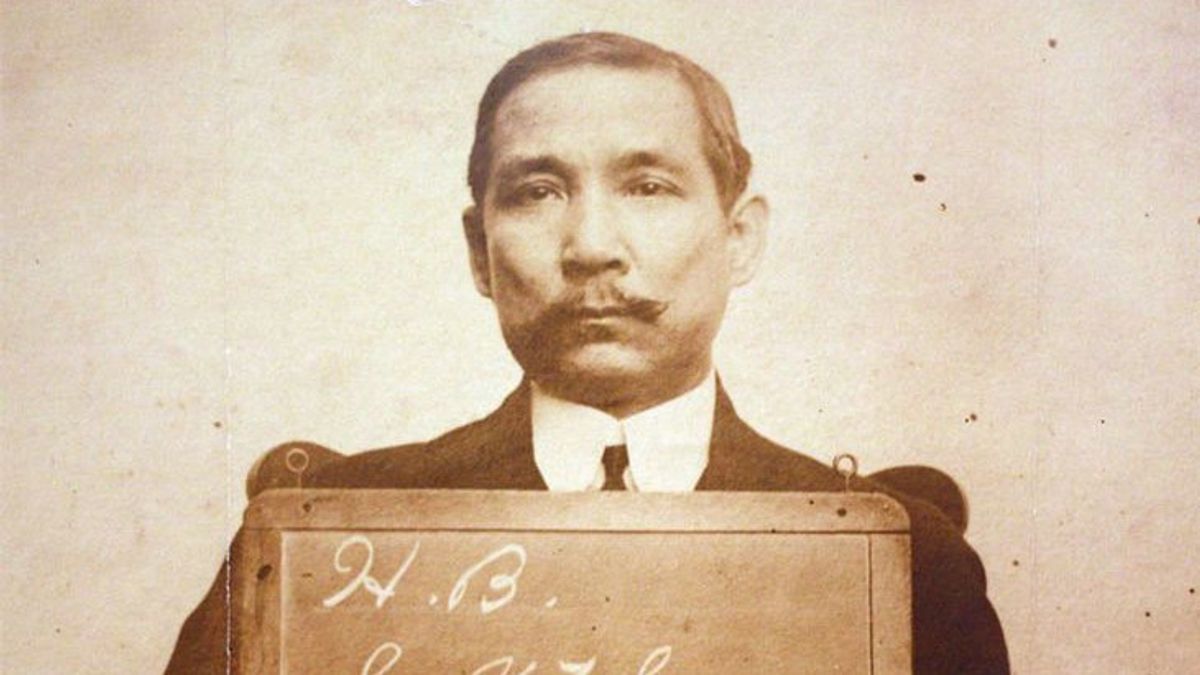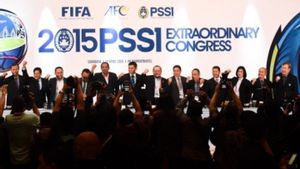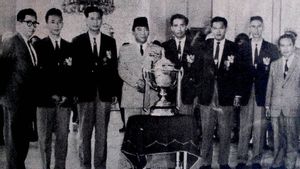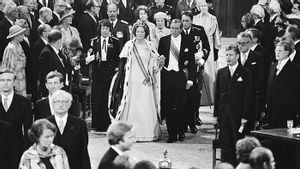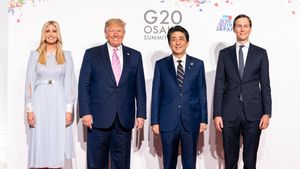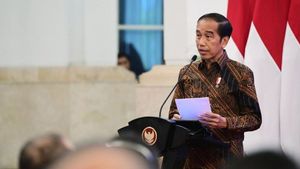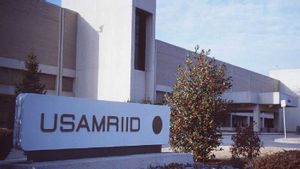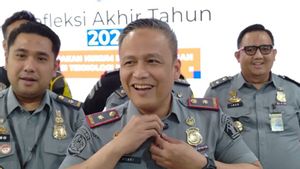JAKARTA Memories 100 years ago, May 1, 1924, the Father of Modern China who is also a top official of the Chinese Nationalist Party (Kuomitang), Sun Yat Sen inaugurated the Military Academy of the Republic of China. The presence of the academy is believed by Sun as an assessment to unite China.
Previously, Sun was known as a fighter who fought the dominance of the Qing Dynasty monarchy. He didn't care about being labeled a rebel. This condition made Sun 'terrible' to seek support abroad. The struggle was finally filled with the Chinese Revolution.
The struggle has its own story. Sun Yat Sen was like that. He was originally known as a doctor. However, lately he chose to turn to politics. China's condition is not doing well, so the estuary.
The Qing Dynasty government is seen as damaging the Chinese people through rampant corruption, the country slumped, and the people were oppressed. His concern for the nation also led Sun to write a petition to the Qing Young King, Li Hongzhang.
It contained him trying to present the idea of restoring China's glory and the welfare of the people. Instead of getting support, Sun's thoughts were rejected. Sun and other nationalists were disappointed. They chose to move to establish the Chinese Revolutionary Alliance and wanted to establish a Republican government.
Political outlets were also carried out abroad from Japan to the United States. Sun began to seek revolution and support from countries in the world for the establishment of the Republic of China. Sun did not expect the revolution to coincide.
It all started with a great explosion in the transcendent warehouse belonging to a nationalist fighter in Wuchang City. The accidentally exploding warehouse caught the attention of the Qing dynasty police on October 10, 1911. In fact, the explosion was considered like a gender of the Chinese Revolutionary war starting.
Efforts to seize important cities occurred and succeeded. The breakthrough of the revolution destroyed Qing's Dinasti. Doctor Sun returned to China. He was then appointed the first President of the Republic of China on December 29, 1911. China also welcomed the decision with great fanfare.
The return of Sun Yat-sen, the revolutionary figure who will soon be sworn in as the first president, was greeted with great fanfare. Local and foreign journalists are all very enthusiastic about the landing of the ship carrying Sun Yat-sen from Europe at Shanghai Port on December 25, 1911.
Four days after Sun's arrival in Shanghai, delegates from various provinces gathered in Nanking and held a vote to determine who would become president. All provinces get one voting right each in this vote. The final result is, of the 17 provinces present, 16 provinces agreed to elect Sun Yat-sen to become interim president," explained Michael Wicaksono in the book Republic of China (2015).
Sun's leadership is only temporary. He ruled until March 10, 1912. However, his leadership in Koumintang continues. He continues to carry out his dream of uniting China with the political vehicle of the Kuomitang party.
Sun views that efforts to unite China must have a strong modern military. This view made him immediately establish a modern military academy. Ulam's beloved pinnacle arrives. The Modern Military Academy of the Republic of China was officially established on May 1, 1924.
SEE ALSO:
The Military Academy of the Republic of China (usually known: the Whampoa Military Academy) is on Chengchou Island-Guangzhou also fully supported by the Soviet Union. Its first class took place on June 16, 1924. There were also many famous Communist figures from the military academy.
The first class in Whampoa had 600 students, 100 of whom came from the Chinese Communist Party, Zeng said, Russia's leading adviser worked at the school. Zhou Enlai is a political director, and other well-known Chinese communists occupy positions or are trained there, "explained Edward Wong in his article on The New York Times website entitledWith Focus on Unity, China Embraces It's Pre-Communist Past (2012).
The English, Chinese, Japanese, Arabic, and French versions are automatically generated by the AI. So there may still be inaccuracies in translating, please always see Indonesian as our main language. (system supported by DigitalSiber.id)
